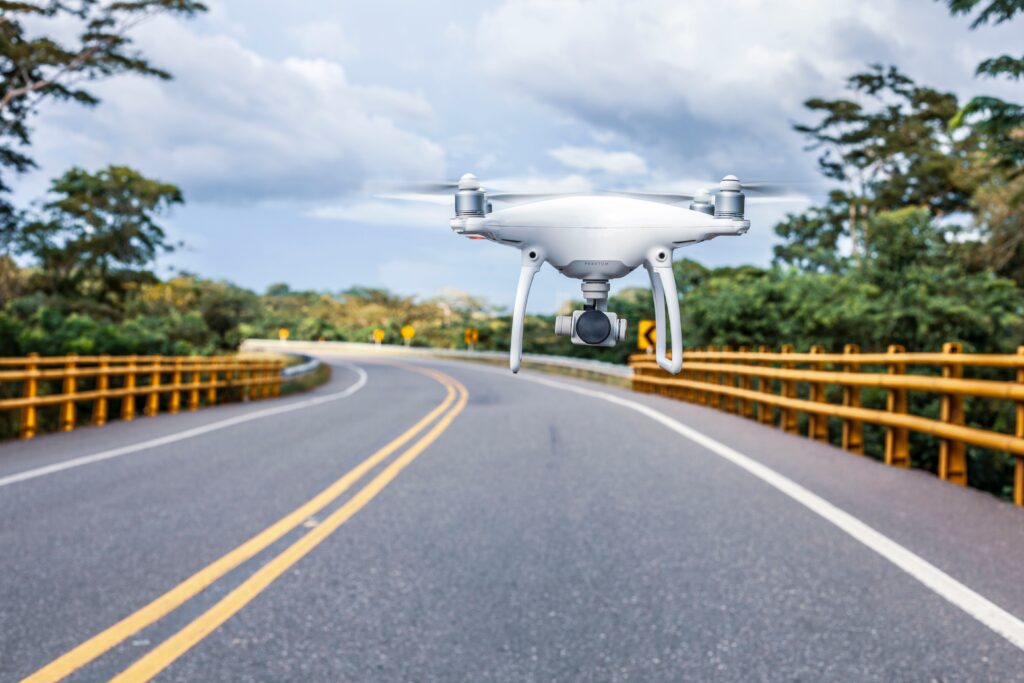From self-driving cars to intelligent traffic systems, the transportation industry is undergoing a radical transformation powered by artificial intelligence (AI). As our urban environments become increasingly congested, the need for innovative and sustainable transportation solutions is greater than ever before. In this blog post, we’ll explore the current state of AI in transportation, discuss its potential impact on our daily commutes, and consider the challenges and ethical concerns that lie ahead.

The Rise of Autonomous Vehicles
One of the most well-known applications of AI in transportation is the development of autonomous vehicles (AVs). Major automakers and tech companies, such as Tesla, Waymo, and Uber, have been investing heavily in self-driving car technology, striving to make driverless transportation a reality.
AI-powered vehicles use advanced sensors, cameras, and algorithms to perceive their surroundings, make decisions, and navigate complex traffic situations. The promise of AVs includes increased road safety, reduced traffic congestion, and enhanced mobility for people with disabilities or limited access to transportation.
Drone Delivery Systems: Changing the Face of Logistics
AI is also transforming the logistics industry through the development of drone delivery systems. Companies like Amazon and UPS are working on autonomous drones capable of delivering packages to customers quickly, safely, and efficiently.
By optimizing routes and avoiding traffic congestion, drone delivery systems have the potential to reduce delivery times, minimize transportation costs, and decrease carbon emissions. This innovative approach to last-mile delivery has the potential to revolutionize e-commerce and the way we receive goods and services.

Smart Traffic Management: Reducing Congestion and Emissions
AI-driven traffic management systems are another area where transportation is being transformed. By using AI to analyze real-time traffic data, these systems can optimize traffic signal timings, predict and prevent congestion, and even reroute vehicles to less congested roads.
Smart traffic management systems not only improve traffic flow but also contribute to a reduction in fuel consumption and greenhouse gas emissions. Cities worldwide are beginning to implement these advanced technologies to tackle traffic problems and create more sustainable urban environments.
Challenges and Ethical Concerns
Despite the exciting potential of AI-powered transportation, there are several challenges and ethical concerns that must be addressed. For instance, the widespread adoption of autonomous vehicles raises questions about job displacement, liability in case of accidents, and data privacy.
Additionally, the implementation of drone delivery systems has raised concerns about noise pollution, airspace safety, and potential misuse for criminal activities. As AI continues to reshape the transportation landscape, it’s crucial to develop comprehensive regulations and policies that balance innovation with public safety and privacy.
AI-powered transportation is poised to revolutionize the way we commute, travel, and transport goods in the coming years. By embracing the potential of autonomous vehicles, drone delivery systems, and smart traffic management, we can create a more efficient, sustainable, and accessible transportation ecosystem. However, to fully realize these benefits, it’s essential to address the challenges and ethical concerns that accompany these groundbreaking technologies. As we journey into the AI-driven future of transportation, let’s strive to create a world that is safer, greener, and more connected for all.

